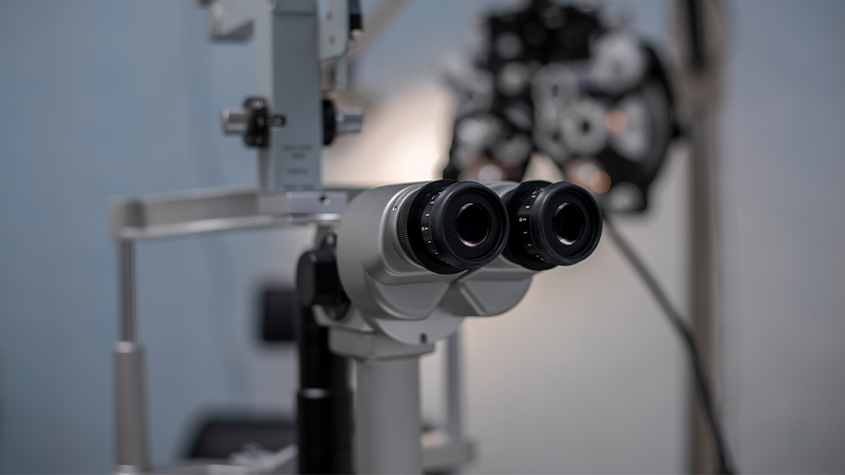The Importance of Regular Eye Exams: How Often Should You Get One?

Taking care of your eyes is essential for maintaining clear vision and overall health. Even if you’re not experiencing any obvious issues, regular eye exams can detect early signs of potential problems before they affect your quality of life.
Why Are Eye Exams Important?
Early Detection: Many serious eye conditions, like glaucoma and macular degeneration, develop gradually and without noticeable symptoms. Regular exams help catch these issues in their early stages, allowing for more effective treatment and prevention of vision loss.
Tracking Vision Changes: As we age, our vision can change, sometimes without us even realizing it. Routine exams ensure that you have the right prescription for glasses or contacts to maintain clear vision.
- Health Screening: Eye exams don’t just check your vision; they also provide a glimpse into your overall health. Conditions like diabetes, high blood pressure, and even some types of cancer can be detected by an optometrist during a routine exam.
How Often Should You Get an Eye Exam?
The frequency of eye exams depends on your age and overall health. Here are general guidelines:
Children (0–18 years): Infants should have their first exam at 6-12 months, followed by an exam before entering school. After that, exams should be done yearly.
Adults (18–39 years): A yearly check-up is usually sufficient if you have no vision problems. However, if you notice any changes in your vision, it’s best to schedule an exam sooner.
Adults (40–64 years): After age 40, eye conditions like presbyopia (difficulty focusing on close objects) and cataracts become more common. It’s recommended to get an exam every year to monitor any changes.
Seniors (65+ years): Seniors should have an eye exam every year to keep an eye on age-related issues, such as macular degeneration or glaucoma, which can develop as we age.
What to Expect During an Eye Exam
During an eye exam, your optometrist will evaluate your vision and eye health. Expect tests like:
Visual Acuity Test: Measures how well you can see at various distances.
Refraction Assessment: Determines your prescription for glasses or contact lenses.
Eye Health Screening: Checks for signs of conditions like glaucoma, cataracts, or macular degeneration.
Intraocular Pressure Test: Measures eye pressure to detect early signs of glaucoma.
Even if you’re not experiencing vision problems, regular exams help catch potential issues before they become serious. Your eyes can offer valuable insight into both your vision and your overall health.
Not sure when your last eye exam was? Schedule an appointment with us today to ensure your eyes stay healthy and your vision stays clear!




